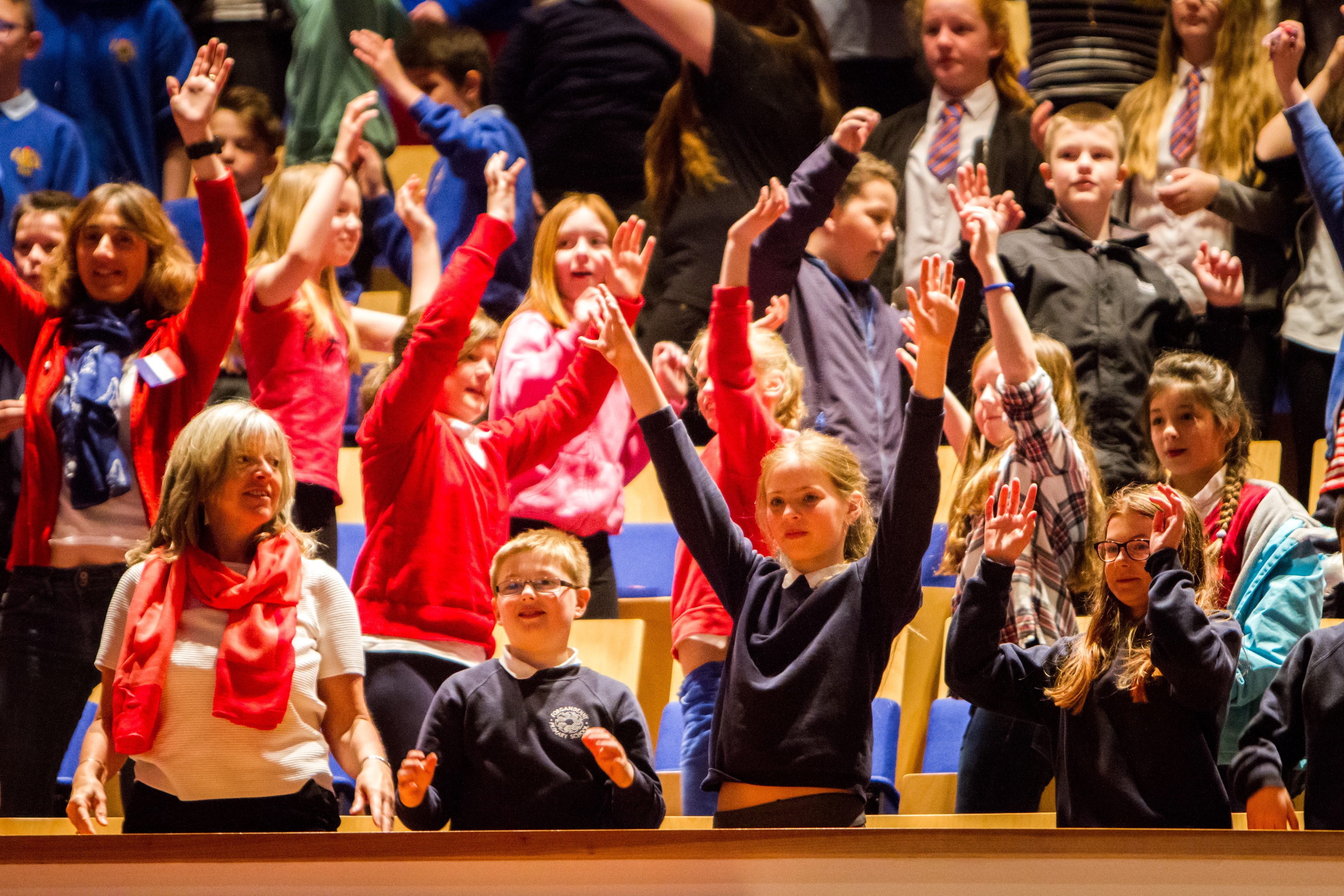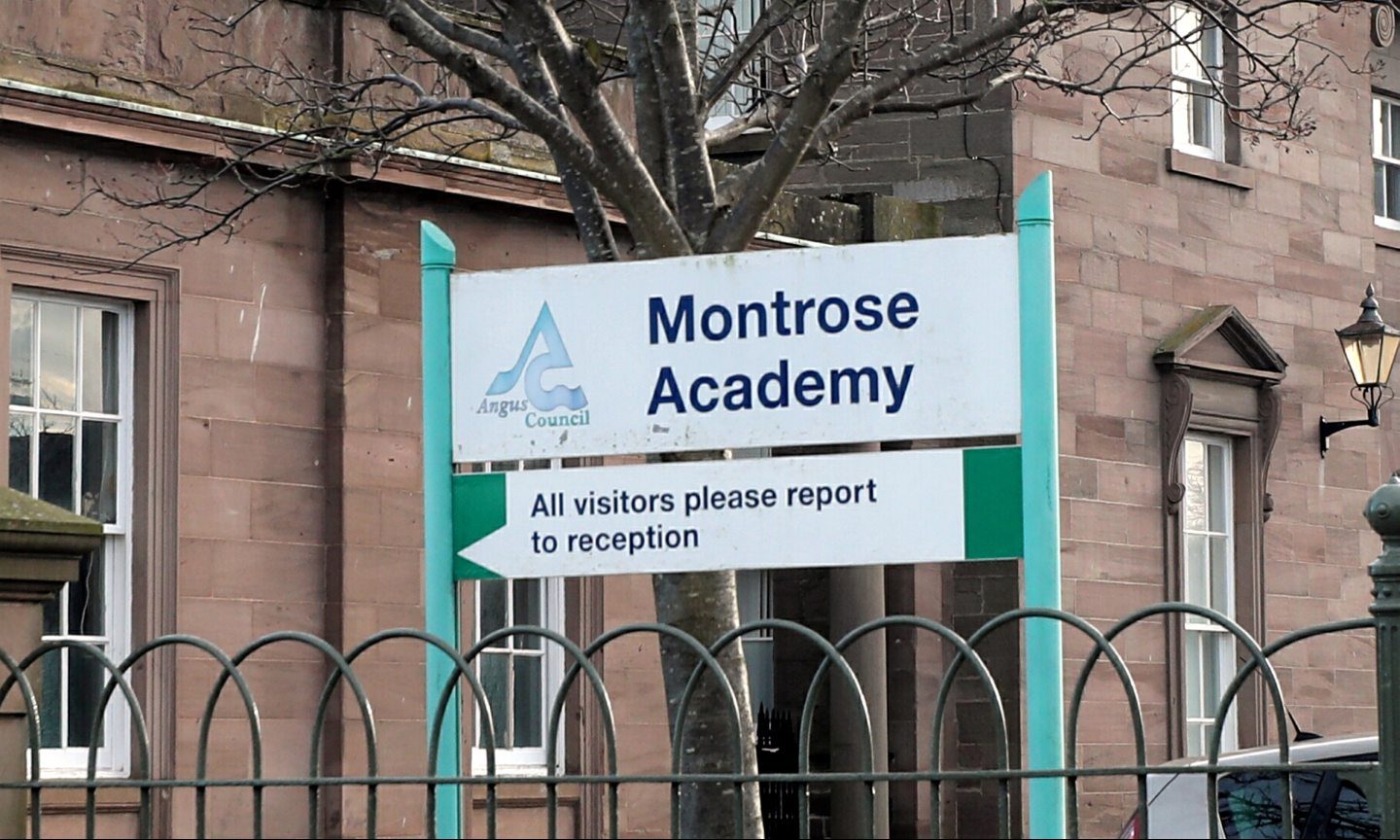A popular singing festival featuring more than 2,000 schoolchildren from across Perthshire could be facing the axe.
Coachloads of primary pupils descended on Perth Concert Hall on Friday for an annual celebration of music and culture.
For many, it was a rare opportunity to visit the venue, sing as part of a huge choir and perform with a live band.
But The Courier understands that the yearly outing could become the latest victim of spending cuts.
Perth and Kinross Council wants to save more than £500,000 by reducing the use of expressive arts (and PE) specialists in schools.
The move, which was voted in during budget talks in February, is aimed at bringing the council in line with other authorities and “allow schools greater flexibility to be responsive in delivering the curriculum in a way that suits each individual establishment”.
Although no formal announcement has been made on the long-standing event’s future, a council source said it would be impossible to stage without outside help.
One furious mother-of-two said: “The children learn so much from events like these and they have so much fun taking part. It would be a terrific shame if we were to lose this event.”
Fiona Ballantine, the council’s principal teacher of expressive arts, said the festival was a great benefit to pupils but declined to comment on its apparent threat.
She said: “This offers the children a rare opportunity to sing at the concert hall as part of a huge group. Where else would they get that kind of experience?
“This year’s event has a French theme and the pupils have been learning songs based on famous paintings.”
Around 1,100 pupils attended on Thursday and Friday.
The National Theatre of Scotland has warned local authorities about the dangers of cutting back on schools’ performing arts programme to save cash.
In a written submission to the Scottish Parliament’s education committee, the organisation said: “Every robust piece of evidence published in the last generation testifies to the fact that, if a person experiences the arts early in life, they are multiple percentage points more likely to consume the arts as adults.
“The increasing lack of arts eduction as local authorities in Scotland look to reduce expenditure… is storing up an issue for the future. In this future, Scotland will have bred a generation of citizens who are much less able to partake of the well-being effects, health benefits, intellectual advantage and sheer joy of the arts since they will not have had the opportunity of exposure to culture as children.”










